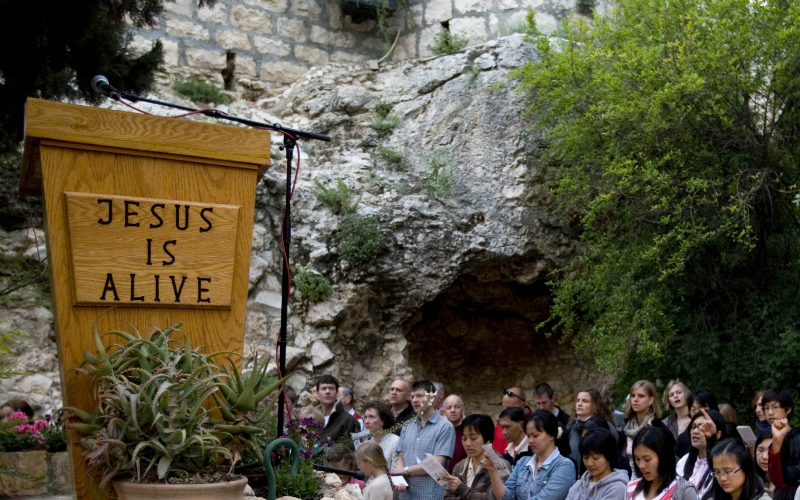The North Georgia Conference of the UMC is shutting down the efforts of approximately 200 conservative churches to disassociate from the liberal denomination. Bishop Sue Haupert-Johnson, who heads that conference, is citing "misinformation" as the reason – and in its official announcement, the conference uses that specific term 13 times.
Mark Tooley, president of The Institute on Religion & Democracy, summarizes the actions by the North Georgia Conference leadership: "The outgoing, very liberal bishop and the board of trustees have said, no, we are not going to allow you to exit because we think there's too much misinformation being circulated regarding the reasons for leaving the United Methodist Church."
According to Haupert-Johnson, many local churches have been "misled" about the disaffiliation process; and have been presented information about the process, and about the UMC and its leadership, that is "factually incorrect and defamatory." She continued:
"We have significant concerns about this misinformation and are well aware that it has the potential to do irreparable harm. This information presented to members of local churches about disaffiliation has been outside the bounds of normal and acceptable civil discourse. It has not only been false and misleading but has been antithetical to the concept of a gracious exit or a commitment to honoring the mission and ministry of all Christians."
What is the bishop calling misinformation? That disaffiliation is an opportunity for a congregation to own its own property – although it is; and that the UMC is not following the denomination's Book of Discipline – although it's not. And the most common misinformation complaint, says Tooley:

"That the church is dividing because of the different views of the faith, and specifically different views of scriptural authority. That is incontrovertibly true," he adds.
The United Methodist Church has been orchestrating an organized split over fidelity to scripture and biblical sexuality and has granted churches wishing to leave a grace period that ends at the end of 2023. Tooley says it's impossible to know the real reason for the North Georgia Conference's abrogation of that agreement, but it's likely financial.
"Presumably, it's very much about property," he tells AFN. "Obviously, it's very distressing that the income stream for the bishop there, as [it as been] across the nation, has been collapsing."
Meanwhile, another UMC bishop further north has resigned from his role and withdrawn from the denomination to join the Global Methodist Church, the destination of many of those congregations that exiting the UMC. Mark Webb describes the GMC as "a fresh expression of Methodism" that offers the good news of Jesus Christ to a desperate world. He led the UMC's Upper New York Episcopal Area for more than ten years after serving 23 years in the roles of pastor and district superintendent.
Editor's note: AFN originally reported that 70 churches were being blocked by Bishop Haupert-Johnson. That has been corrected.







